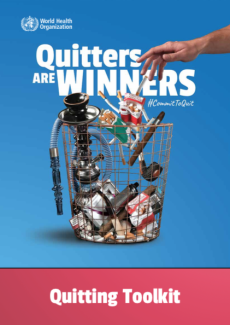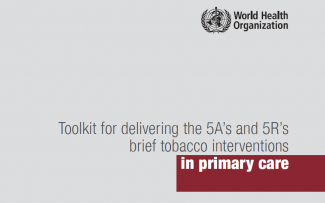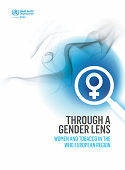Addressing Alcohol Consumption and Socioeconomic Inequalities: How a Health Promotion Approach Can Help
This session will reflect on recent evidence and illustrate initiatives across countries aimed at addressing the availability, affordability and acceptability of alcohol in socially and economically disadvantaged populations.







